Finding Your Authentic Voice in Legal Writing
“Be yourself; everyone else is already taken.” – Attributed to Oscar Wilde
When I started practicing law, I thought being an effective litigator meant sounding like someone else. Tough. Unyielding. Sharp-edged. I assumed that “good lawyering” meant projecting a voice that wasn’t mine.
I remember in one of my first briefs I wrote as a practicing attorney, I leaned hard into a no-holds-barred, aggressive tone. I was mimicking what I thought a litigator should sound like. I imagined my client wanted that kind of firepower. I thought that was what the judge expected to see.
When I got the draft back from my supervisor, it was covered in red ink. The message was clear: rewrite it. All of it.
Frustrated, I turned to a mentor, someone I trusted to help me navigate not just writing, but identity as an advocate. His advice was simple, but it changed the way I’ve approached legal writing ever since:
“Be authentic. Find your own voice.”
Writing Authentically
That single piece of advice helped me realize something critical: being a zealous advocate does not mean sounding like someone else.
My strength did not lie in aggressive rhetoric. It lay in precision. In clarity. In a confident, composed tone that felt natural to me. That alignment did not weaken my advocacy; it strengthened it.
The most persuasive writing does not just get the law right. It carries a voice that is grounded, credible, and consistent with the advocate behind it. Whether coming from a junior associate or a senior counsel, that kind of writing earns trust.
How I Refined My Legal Voice
Since then, I have made it a priority to continually refine my authentic legal voice. That process is still ongoing, but it has been shaped by three core practices:
Self-assessment: Tools like CliftonStrengths have helped me understand how I naturally communicate, lead, and process information. I have learned that I am an INFJ on the MBTI assessment, an intuitive, reflective personality type. This informs not just how I write, but how I show up in every professional interaction.
Critical revision: I do not just revise for grammar. I revise to ensure the tone, structure, and rhythm reflect my intent and identity. Is the writing clear? Does it reflect a calm confidence? Have I overcorrected into sounding like someone I am not?
Mentorship and feedback: Thoughtful feedback from trusted mentors has helped me see where my writing drifts away from clarity or becomes too stylized. The best editors do not just correct. They reflect back what your voice could be if sharpened.
Why This Matters for You and Your Clients
Finding your voice in legal writing is not just about comfort. It’s about effectiveness.
When you write with authenticity:
You strengthen your advocacy because confidence in your voice creates clearer arguments.
You retain credibility with opposing counsel, clients, and most importantly, the court.
You advance your client’s interests more effectively because you’re persuasive without being performative.
Legal writing is not performance. It’s persuasion. And persuasion works best when it comes from a place of integrity and clarity.
At Ink & Advocacy, I help law students, junior attorneys, and seasoned professionals identify and strengthen their authentic legal voice. Through coaching, editing, and strategic feedback, we develop writing that not only communicates effectively but does so in a voice that’s wholly your own.
If you're ready to refine your written advocacy—or help someone else do the same—I’d love to talk. You can reach me at gabriel@inkandadvocacy.com.
Disclaimer: This blog post is for informational purposes only and does not constitute legal advice.
